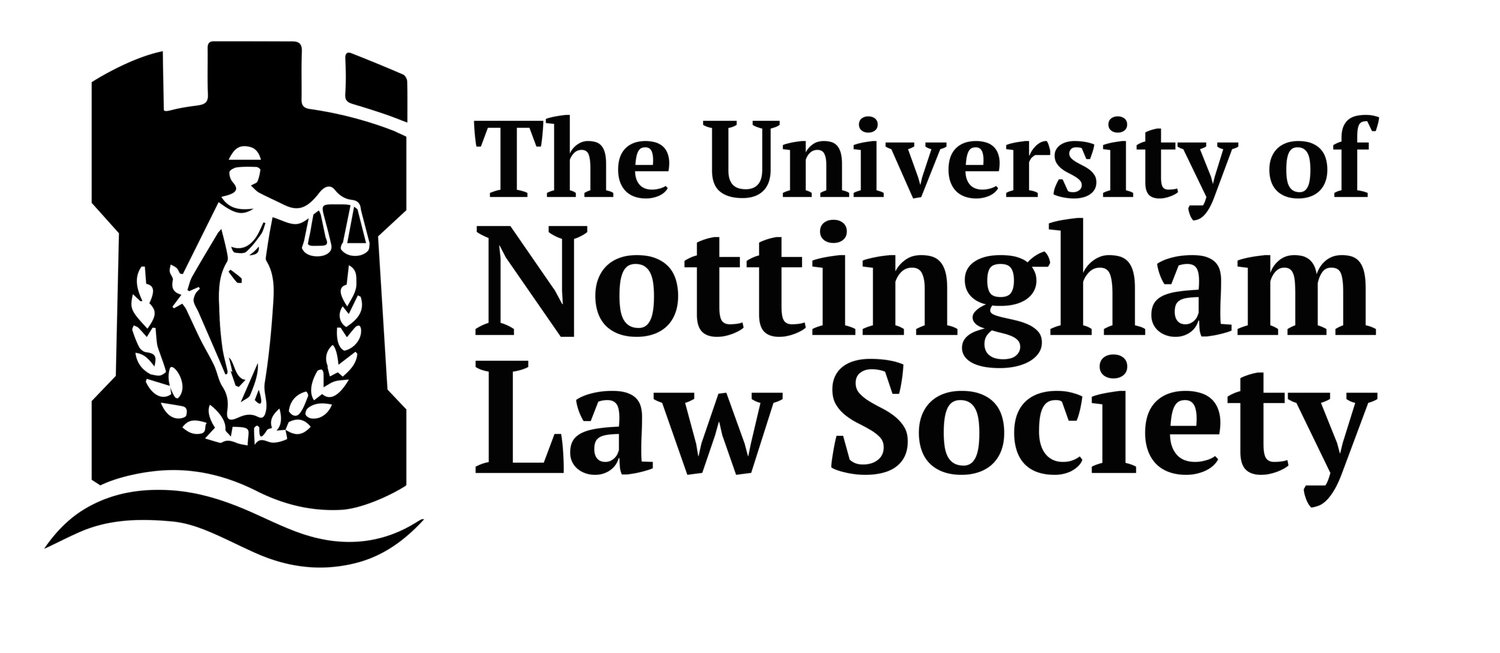Commercial Awareness News/Updates
First Commercial Awareness News Letter
EU member states agree to impose tariffs on Chinese electric vehicles
- The EU has agreed to impose tariffs up to 45% on imports of Chinese electric vehicles (EVs) after a vote on Friday.
- This decision is a result of a year-long investigation which found that Chinese EV makers were benefiting form government subsidies.
- Whilst there was some opposition from some member states including Germany and Hungary, a majority of them backed the proposal, due to concerns of wanting to protect EU automakers struggling to compete with cheaper Chinese EVs.
- The move has heightened tensions between the EU and China, which retaliated by threatening tariffs on European products such as branch and launching investigations into pork and dairy exports.
- China criticised the EU’s tariffs as protectionist, and both sides are expected to continue negotiations to find a solution that complies with World Trade Organisation (WTO rules).
implications:
(Implications are organised in the PETLEM format - Political, Economic, Social Technological, Legal, Environmental, Moral)
P (political): Intensified the strained relationship between EU and China, the lack of an unanimous vote reveals tensions within the EU.
E (economic): European manufacturers may gain a temporary reprieve from the competitive pricing of Chinese EV’s, China’s retaliation could harm EU exporters particularly in sectors reliant on Chinese markets.
S (social): The tariffs may preserve jobs in the short term yet the long term impacts still remain uncertain.
T (technological): The tariffs could either foster innovation within Europe’s EV industry by providing it breathing room from Chinese competition or delay it by reducing pressure on European automakers to rapidly innovate and compete on price and technology.
L (legal): Potential possibility of legal disputes at the WTO if China or other countries challenge the tariffs as unfair protectionism.
E (environmental): Slowing Chinese EV imports may hinder the EU’s efforts to push a green transition, European consumers may have fewer affordable EV options which can cause a potential delay in reaching climate goals.
M (moral): Balancing economic protection with environmental goals is an obvious moral dilemma.
UK Regulator preparing for ‘strong action’ against tech giants
Ofcom, the UK’s media regulator, will enforce the Online Safety Act, which introduces rules for content moderation on websites and social media platforms
Ofcom can fine or shut down platforms that do not comply with the Act, focusing on removing illegal content.
X (formerly Twitter) was criticised for spreading misinformation during UK riots.
The Act has been criticised for not addressing “legal but harmful” conent due to free speech concerns.
Ofcom is moving toward sanctioning GB News for repeated breaches of impartiality rules, signalling potential fines.
Implications:
P (political): The government’s move to regulate content on digital platforms represents a shift toward more active intervention in the tech sector, highlights the free speech vs regulation tension
E (economic): Strict regulation could deter some tech companies from expanding or investing in the UK
S (social): Reducing the spread of harmful content could have positive effects on social cohesion and public safety
T (technological): Platforms will need to deploy more advanced content moderation tools and algorithms to comply with new regulations which could accelerate technological innovations in AI to detect and remove harmful content more efficiently
L (legal): The Act may cause a ripple effect of similar legislation globally, the law’s balance between content moderation and free speech will likely face legal challenges
E (environmental): N/A
M (moral): The Act raises moral questions about the ethical responsibility of tech companies to prevent harm while preserving free speech
US economy smashes expectations with 254,000 jobs added in September
The US economy added 254,000 jobs in September, exceeding expectations of 140,000
The unemployment rate dropped to 4.1%, down from 4.3% in July
Strong labour market signals a potential ‘soft landing’ for the US economy, maintaining growth amid inflation
Speculation that the Federal reserve will slow down interest rate cuts, with traders now expecting a quarter-point cut in November
The resilient job market boosts VP Kamala Harris’ standing in her tight presidential race against Donald Trump
Implications:
P (political): Strong job growth and low unemployment reflect well on the incumbent administration's economic policies, which can help sway undecided voters.
E (economic): A slower reduction in rates may stabilise inflation and help sustain growth without overheating the economy.
S (social): The strong labour market provides a sense of security for workers, with more opportunities for jobseekers and the unemployed.
T (technological): With sustained job growth, businesses may seek automation to reduce labour costs, especially if wages rise significantly.
L (legal): Strong job growth could prompt policymakers to re-evaluate labour laws, such as minimum wage regulations, worker protections, and benefits (like health care or paid leave).
E (environmental): Economic growth often leads to higher consumption which can increase environmental degradation if industries expand without considering sustainability however this economic growth could create opportunities to expand jobs in renewable energy.
M (moral): N/A
Sources
https://www.ft.com/content/05dd39b0-5097-4958-be7c-f41ef4075d93
https://www.ft.com/content/05dd39b0-5097-4958-be7c-f41ef4075d93
https://www.ft.com/content/05dd39b0-5097-4958-be7c-f41ef4075d93

